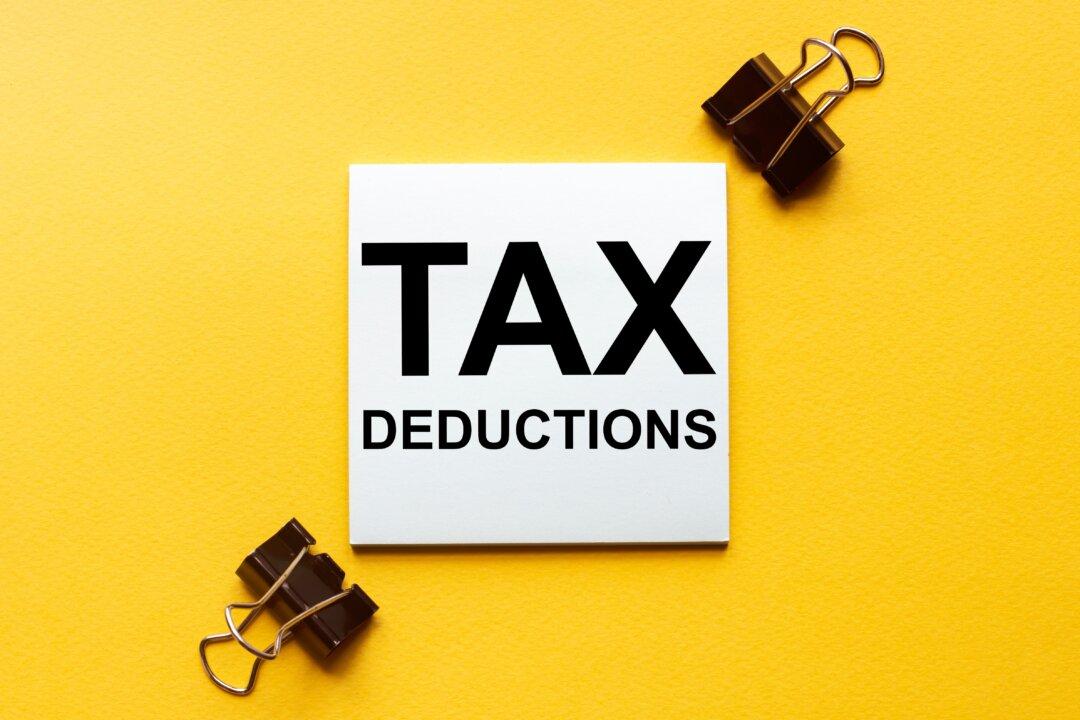During inflationary times, real estate can act like a hedge against inflation. It can also provide some stability if a recession turns to stagnation. But remember, even when inflation is roaring, people still need housing.
It’s common knowledge that a mortgage’s interest can be deducted on a primary residence. But what about rental property? What tax deductions are available? Here are the top 10 tax rental property deductions that you can take.






